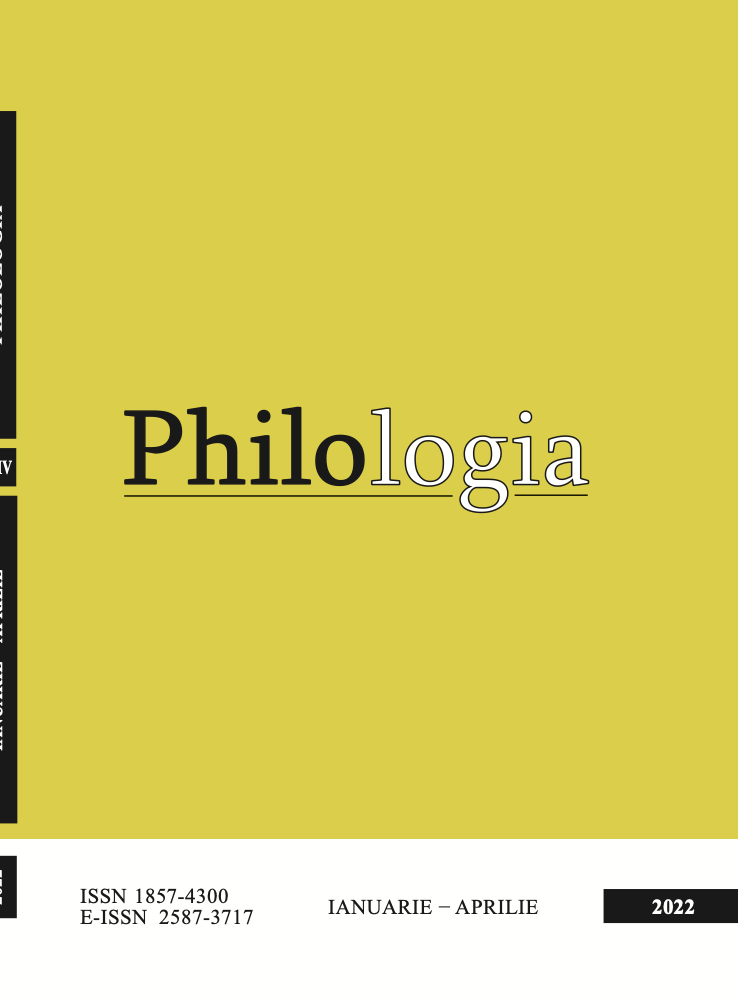Abstract
Val Butnaru's novel Hypnotic presents the acts of conscience of a family whoseintegrity and identity were done away by a representative of the ideological “good”, whotried to forge by indirect implications a “correct” life of the new man, the vulnerable man,of the man addicted to self-flagellation and self-pity. Thus, the whole narrative broadcaststhe same drama, fragmented into dozens of seemingly confusing testimonies of the twinbrothers. Together with the narrator, the separated brothers, orphans of both parents, lackinga clear certainty about their belonging and human value, weave a possible story of the causeof inner suffering. During the reading, the lines of the labyrinth are erased and absorbedinto the being of the characters who experience various forms of constellation of the puzzlefigures found in the subsidiary of memories. Here, the anamnesis is the only existentialpillar, the greatest mystery of their failed life, which gathers them, as if in front of a sacredfire, to “push” themselves hypnotically back into life, into purposeness, into themselves,into the basement of long-demolished parental home. Until then, however, the brothers aretrying different ways to overcome the identity crisis by imitating other models, imaginarypersonalities, which could give them a sense of human dignity. Therefore, the present studyaims at a critical assessment of the representation of the condition of the individual markedby the repressions of the totalitarian regime.

